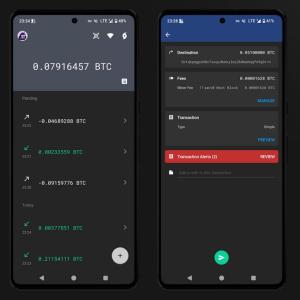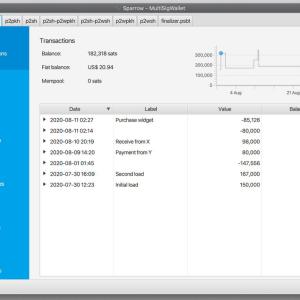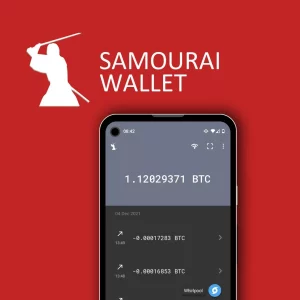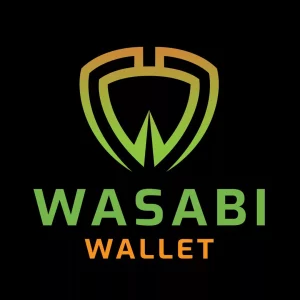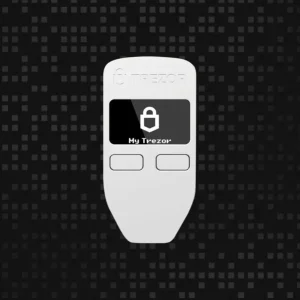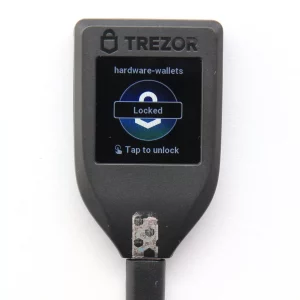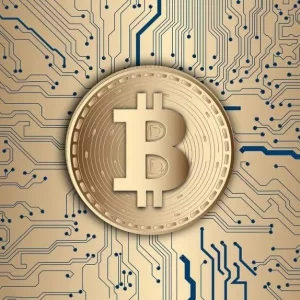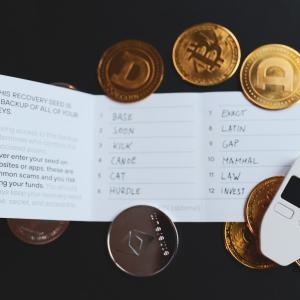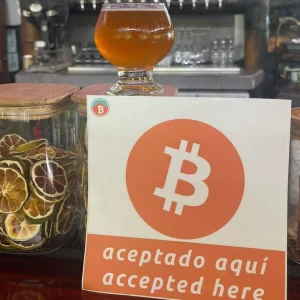CoinJoin is a technique used as a bitcoin anonymizer to enhance transaction privacy. It was first proposed in 2013 by Bitcoin developer Greg Maxwell as a way to improve Bitcoin users’ privacy. CoinJoin operates by combining several bitcoin transactions into a single transaction. This makes tracking the flow of bitcoins between parties more difficult because it is unclear which inputs correspond to which outputs. It also makes linking transactions to specific bitcoin addresses more difficult.
While bitcoin can provide some anonymity, it is not necessarily private. This is mainly because transactions and balances are made public on the blockchain, making them traceable. Furthermore, when you buy bitcoin from a bitcoin exchange that requires KYC, the funds are directly linked to your personal identity.
How Does CoinJoin Work?
CoinJoin works by combining multiple bitcoin transactions into a single transaction in order to obscure the relationship between the transaction’s inputs and outputs. Assume Alice wishes to send 1 bitcoin to Bob and Bob wishes to send 0.5 bitcoin to Charlie. These transactions would normally be distinct and easily traceable on the Bitcoin blockchain.
However, Alice, Bob, and Charlie can combine their transactions into a single transaction using CoinJoin. As a result of combining inputs and outputs from multiple parties, determining which inputs correspond to which outputs becomes difficult. Therefore, CoinJoin increases Bitcoin users’ privacy by obscuring the transaction flow.
Is CoinJoin Legal?
On April 24, 2024, the founders of Samourai Wallet, Keonne Rodriguez and William Lonergan Hill, were charged with money laundering and operating an unlicensed money transmitting business. The Samourai apps have also been removed from the Google and Apple app stores. The charges are mainly related to Samourai Whirlpool, a free and open-source feature that enables CoinJoin.
CoinJoin is a legal method for making bitcoin transactions more private. There are no laws or regulations prohibiting the use of CoinJoin because it is simply a method of combining multiple transactions into a single transaction to increase privacy. However, it is important to note that different countries may have different laws or regulations regarding bitcoin and related technologies. Furthermore, while CoinJoin can improve privacy, it is not perfect and may not completely anonymize transactions. Other precautions, such as using a VPN or Tor, are necessary to protect your privacy when using bitcoin.
CoinJoin Wallets
There are several Bitcoin wallets that support CoinJoin transactions, either directly or through integration with third-party CoinJoin services such as JoinMarket. Here are a couple of examples:
CoinJoin features in Trezor and Wasabi wallets will be shut down by 1st June 2024.
- Wasabi Wallet: This is a bitcoin wallet that prioritizes privacy and supports CoinJoin transactions. Wasabi CoinJoin employs its own implementation of CoinJoin, known as Chaumian CoinJoin, created by privacy expert David Chaum.
- Samourai Wallet: Another privacy-focused bitcoin wallet that supports CoinJoin transactions is Samourai Wallet. It employs a CoinJoin variant known as Whirlpool, which is a type of Chaumian CoinJoin. Note that the Samourai wallet is no longer available on the Google and Apple app stores.
- Sparrow is a desktop wallet that integrates CoinJoin to allows users to mix their Bitcoin transactions with others.
- Breez Wallet: A noncustodial Bitcoin wallet that supports CoinJoin transactions through its integration with the JoinMarket platform.
- Trezor: This is a hardware wallet that allows you to take control of your privacy using CoinJoin. Note that CoinJoin in Trezor will be shut down by 1st June 2024.
- JoinMarket: A software tool designed to enhance the privacy of Bitcoin transactions, using CoinJoin to mix your bitcoins with those of other users.
These are just a few Bitcoin wallets that accept CoinJoin transactions. While CoinJoin can improve the privacy of Bitcoin transactions, it may not completely anonymize transactions if it is not effectively done.


